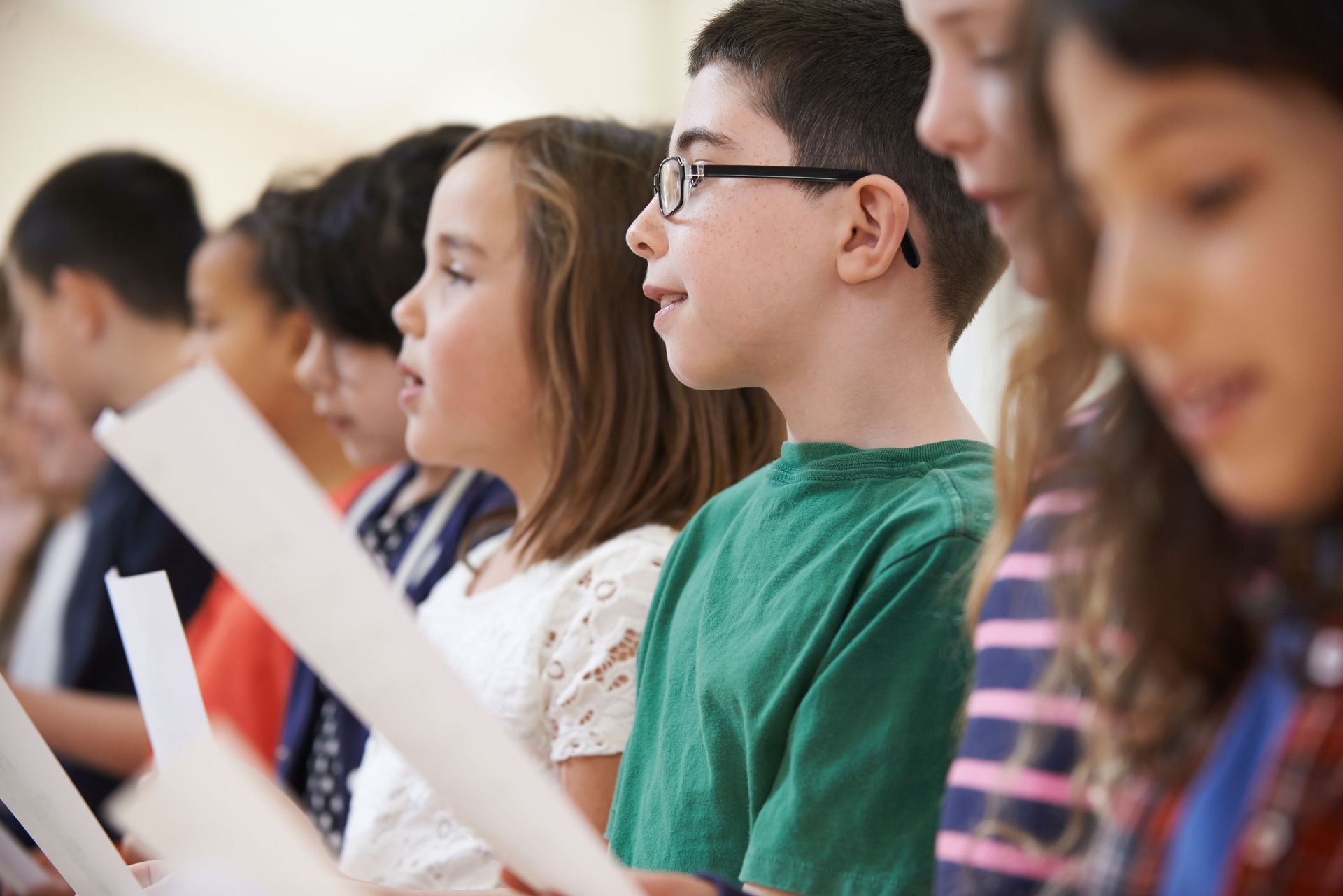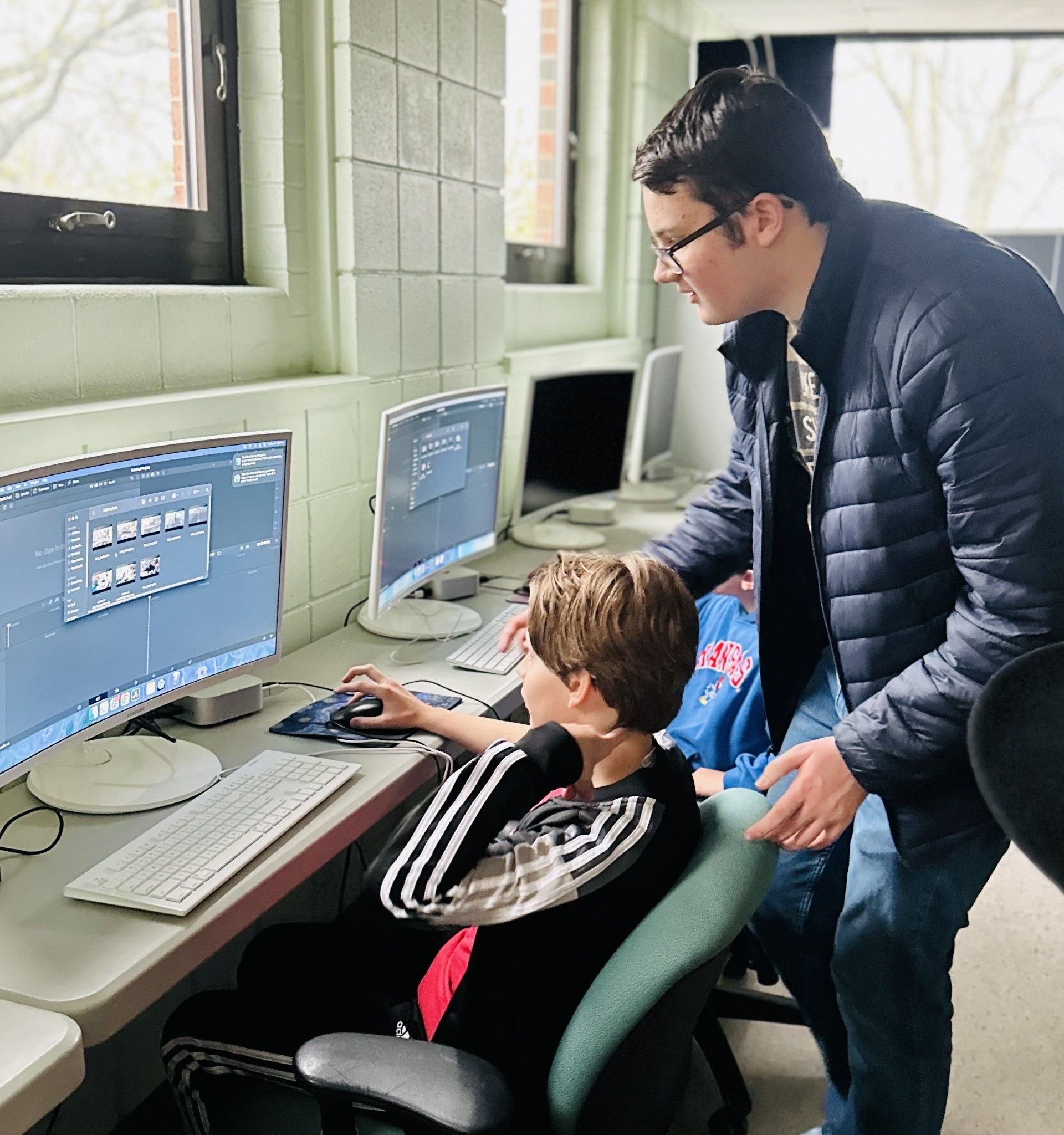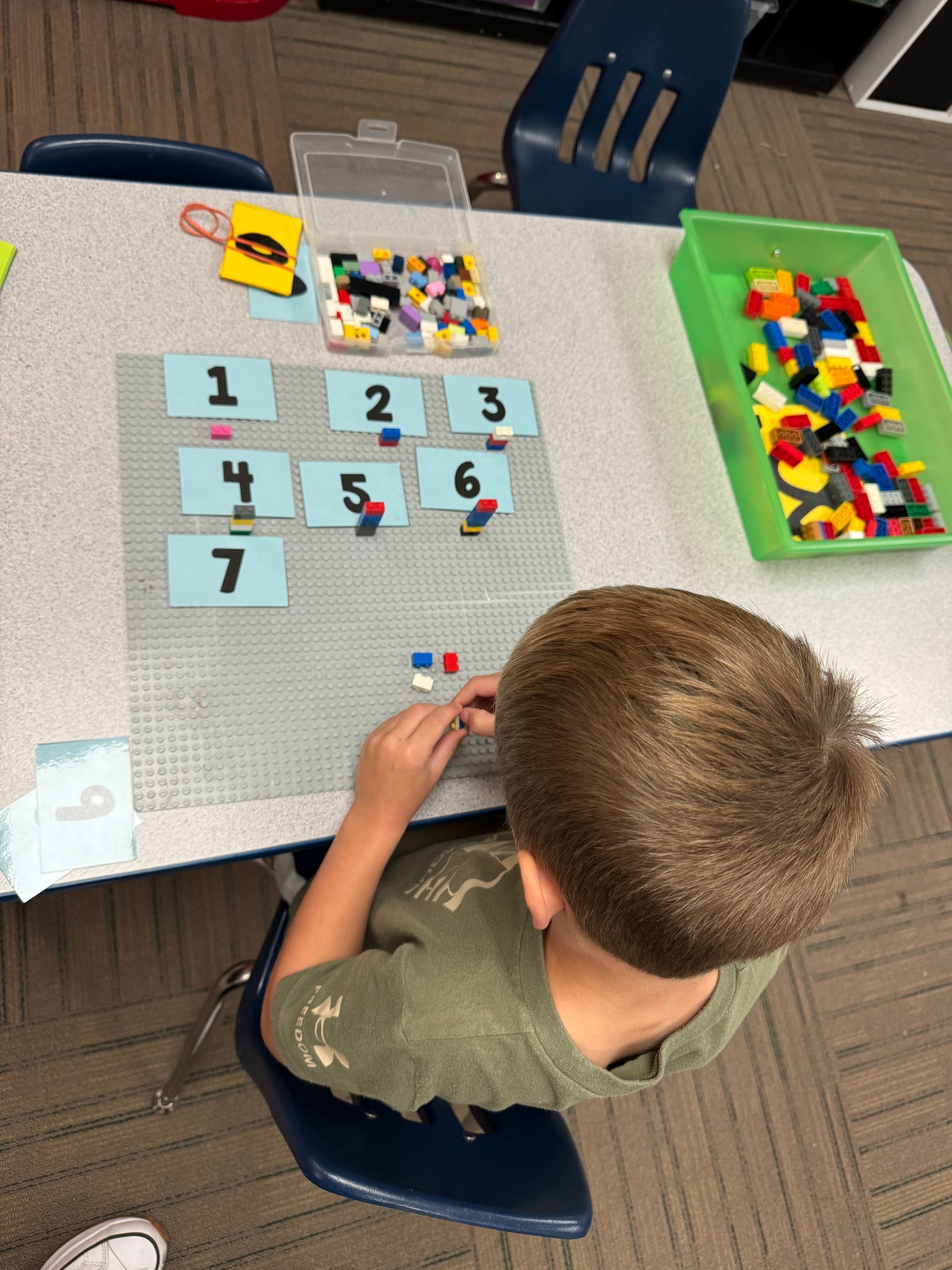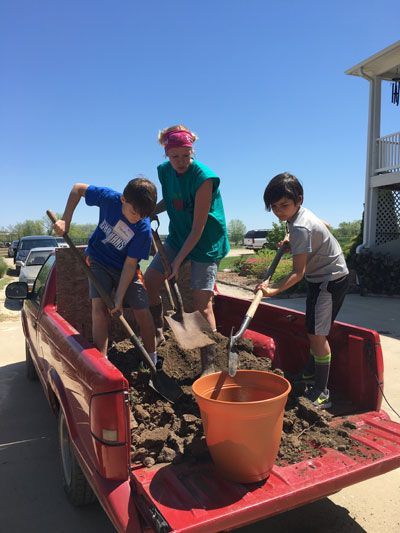“The Lost Geniuses: How Education is Failing Our Future Innovators”
Time to Redesign Education to be about the CHILD!
When I started Marian Hope, I didn’t set out to create a school. I was working with children—many had learning disabilities or social challenges which made traditional school settings a battlefield. But in every child I worked with, I saw something remarkable: GENIUS.
Not always the kind of genius our system measures, like acing tests or scoring high on IQ exams, but genius in creativity, problem-solving, empathy, or talents waiting to bloom. Some of my most struggling learners had gifts that could inspire the world, but no one took the time to see them, let alone cultivate them.
One child comes to mind—quiet, labeled as “unteachable” in the system. But when we gave him opportunities outside the traditional classroom mold, his natural ability to create art and tell stories emerged. It wasn’t that he couldn’t learn; it was that the system didn’t care to teach him in a way that honored his uniqueness.
That’s when it hit me: our schools, as they are currently designed, are not equipped to pull out the genius in every child. Instead, they’re designed to fit children into a cookie-cutter mold, demanding they meet government mandates and standardized expectations. Seven hours a day, five days a week, for thirteen years. And we wonder why so many kids graduate unsure of their passions, their purpose, or their worth.
The Problem: A System That Stifles, Not Cultivates
Our education system has become a machine focused on preparing kids for tests and college admissions—end goals that should be secondary to a much greater mission: helping kids discover who they are and what they can contribute to the world.
This competitive culture of grades and rankings doesn’t just fail students academically—it erodes their love of learning. Students cheat not because they’re dishonest, but because they feel the pressure to measure up to impossible standards. They stress over grades instead of experiencing the joy of deep, purposeful learning. And in the process, we’re losing their gifts.
Imagine a plant. If you water only the leaves, the roots will wither. If we pour all our resources into standardized achievements, we neglect the foundational creativity, curiosity, and purpose every child is born with. What you water is what grows.
The Solution: A New Vision for Education
If we truly want to see our children soar, we need a system that does three things:
1. Focus on the Whole Child
Every child is more than a test score. Compassionate teachers who take the time to know their students—their struggles, passions, and personalities—are key. Small class sizes make this possible, allowing each child to feel seen, known, and loved.
2. Nurture Passion and Purpose
Kids don’t always know what they’re good at, and they certainly don’t know what they’re meant to do in life. It’s our job as educators and parents to create opportunities for exploration—through art, music, science, service, and leadership. When kids discover what lights them up, they stop seeing school as a chore and start viewing it as a playground for their potential.
3. Teach Collaboration Over Competition
We often hear about preparing kids to “compete” in the global economy. But life isn’t about competition—it’s about collaboration. The body of Christ model teaches us that each person has a role to play, and none is more important than the other. When kids learn to work together, celebrate each other’s strengths, and value diversity of thought, they’re equipped to thrive in any setting.
Why This Matters: Genius Needs Nourishment
We are the adults. It is not fair to put the burden of self-discovery on our children while we provide them with nothing but rigid schedules, stressful tests, and rote memorization. Kids need guidance. They need us to water their roots, to show them what it means to live with purpose and passion.
At Marian Hope, we’re proving that it can be done. By focusing on individualized education, small class sizes, and passion-driven learning, we’re unlocking the potential in every student who walks through our doors. And guess what? It’s working.
When students feel valued, they thrive. When they discover their gifts, they excel. When they’re shown love and encouragement, they find their purpose. And isn’t that what education should be about?
Call to Action
The American education system is overdue for a redesign. We’re losing too many geniuses to a system that waters conformity instead of creativity. It’s time to reimagine what school can be—not a factory producing test-takers, but a garden cultivating thinkers, creators, and leaders.
Because when we take the time to truly see our children, when we nurture their passions, and when we teach them the joy of learning, they don’t just grow—they soar.
Let’s water the roots, not just the leaves. Let’s redesign education to save the lost geniuses of this generation.





Share On: